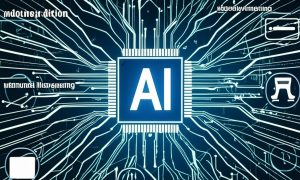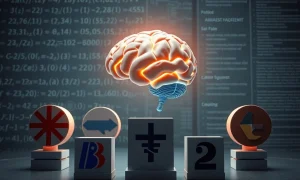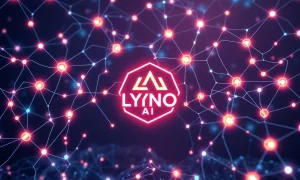Generative AI is fundamentally reshaping human resources departments worldwide. Consequently, organizations are leveraging this technology to revolutionize talent acquisition, employee development, and leadership strategies. Moreover, this transformation represents one of the most significant shifts in modern workplace management.
Understanding Generative AI in HR Transformation
Generative AI refers to artificial intelligence systems capable of creating new content and solutions. Furthermore, these systems analyze vast datasets to generate human-like text, recommendations, and strategic insights. Therefore, HR professionals now utilize generative AI for numerous critical functions.
Talent Acquisition Revolution
Generative AI dramatically improves recruitment processes through several key applications:
- Automated resume screening that identifies top candidates efficiently
- Personalized job descriptions tailored to specific role requirements
- Intelligent candidate matching based on skills and cultural fit
- Automated interview scheduling and communication
Additionally, these systems reduce hiring bias while improving candidate experience significantly.
Learning and Development Enhancement
Generative AI creates personalized learning paths for employees. Specifically, it analyzes individual skill gaps and career aspirations. Then, it generates customized training materials and development plans. Consequently, organizations see improved employee engagement and retention rates.
Leadership Development Applications
Generative AI supports leadership development through several innovative approaches. First, it analyzes leadership behaviors and communication patterns. Second, it provides personalized coaching recommendations. Third, it simulates challenging management scenarios for practice. Ultimately, this creates more effective and adaptive leaders.
Performance Management Transformation
Traditional performance reviews are evolving through generative AI integration. These systems analyze performance data continuously. They provide real-time feedback and development suggestions. Moreover, they identify patterns that might indicate burnout or disengagement. Therefore, managers can intervene proactively rather than reactively.
Ethical Considerations and Implementation
Organizations must address several ethical considerations when implementing generative AI in HR. Data privacy remains paramount throughout implementation processes. Algorithmic bias requires constant monitoring and adjustment. Transparency in AI decision-making builds employee trust effectively. Furthermore, human oversight ensures appropriate technology application.
Future Trends and Predictions
The future of generative AI in HR appears increasingly promising. Advancements will likely include more sophisticated emotional intelligence capabilities. Integration with other enterprise systems will become more seamless. Predictive analytics will improve workforce planning accuracy substantially. Ultimately, HR professionals will focus more on strategic initiatives.
FAQs
How does generative AI reduce hiring bias?
Generative AI analyzes candidates based on skills and qualifications rather than demographic information. It uses standardized evaluation criteria consistently across all applicants.
What data security measures protect employee information?
Reputable AI systems employ encryption, access controls, and regular security audits. They comply with data protection regulations like GDPR and CCPA strictly.
Can generative AI replace human HR professionals?
No, generative AI augments human capabilities rather than replacing them. It handles repetitive tasks while humans focus on strategic decision-making and employee relations.
How expensive is generative AI implementation for HR?
Costs vary based on organization size and required features. Many providers offer scalable pricing models. ROI typically justifies investment through efficiency gains.
What training do HR professionals need for AI systems?
Training focuses on system operation, data interpretation, and ethical considerations. Most providers offer comprehensive training programs during implementation.
How accurate are generative AI recommendations?
Accuracy continues improving as systems learn from more data. Most systems achieve 85-95% accuracy rates for common HR tasks currently.














